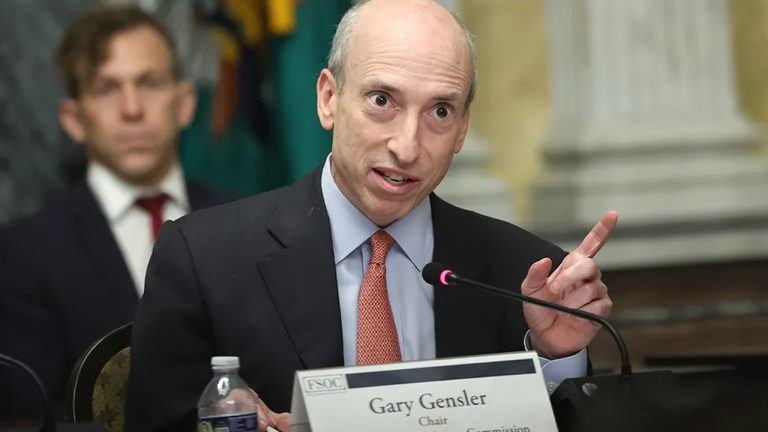
Google has already invested $500 million as part of the deal, while the outstanding $1.5 billion will be paid over time, according to the Wall Street Journal.
Google has doubled down on its artificial intelligence bets by investing another $2 billion into AI startup Anthropic, according to a new report.
Google has already invested $500 million upfront to Anthropic — a rival to ChatGPT creators OpenAI — and will pay off the remaining $1.5 billion over time, according to an Oct. 27 report by the Wall Street Journal (WSJ), which cited people familiar.
The mega-deal adds to Google’s $550 million investment into Anthropic earlier in the year.
Google Cloud also striked a multi-year deal with Anthropic a few months ago worth over $3 billion, WSJ revealed, citing a person familiar with the matter.
The news follows Amazon’s massive $4 billion investment into Anthropic late last month.
$GOOGL Agrees to Invest $2 Billion in AI Startup Anthropic - WSJ
— Kaushik (@BigBullCap) October 27, 2023
- Google, Anthropic Deal Reflects Continued Tech Giant Push Into AI
- Google Investment Follows Amazon's $4 Billion Funding of Anthropic
- Google Previously Invested $550 Million in Anthropic
Anthropic is using much of these investments to train its AI systems, such as AI assistant Claude, in hopes that the firm can achieve the next big breakthrough in the AI industry.
On the other side of the fence is OpenAI, who have received more than $13 billion in funding from Microsoft alone since 2019 and continue to build more advanced versions of its own AI chat bot, ChatGPT. The popular chat bot amassed over 100 million users within the first two months of launching in November, which caught the attention of many venture capital firms around the world looking to invest in the space.
The co-founders of Anthropic, siblings Dario and Daniela Amodei, previously worked at OpenAI but left in 2021 following disputes with OpenAI’s CEO Sam Altman over safety implications associated with building AI systems.
Related: Universal Music Group sues Anthropic AI over copyright infringement
Prior to Google and Amazon, Anthropic was largely bankrolled by former FTX CEO Sam Bankman-Fried, who invested about $530 million in Anthropic's in April 2022 — about seven months before FTX collapsed.
Anthropic’s surge in valuation has been viewed as a positive sign for FTX creditors in hopes that they will be compensated fully from FTX’s bankruptcy case.
As SBF testifies, Google announces it's investing another $2 billion in AI company Anthropic
— Zack Guzmán (@zGuz) October 27, 2023
FTX invested $500M in Anthropic — before Google and before Amazon. The company has now raised $7 billion in the past year alone.
FTX's customer hole closer to being shored up pic.twitter.com/bCDAIlL3nK
Magazine: AI Eye: Real uses for AI in crypto, Google’s GPT-4 rival, AI edge for bad employees














